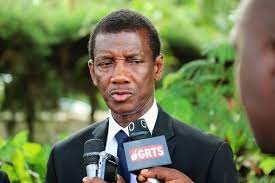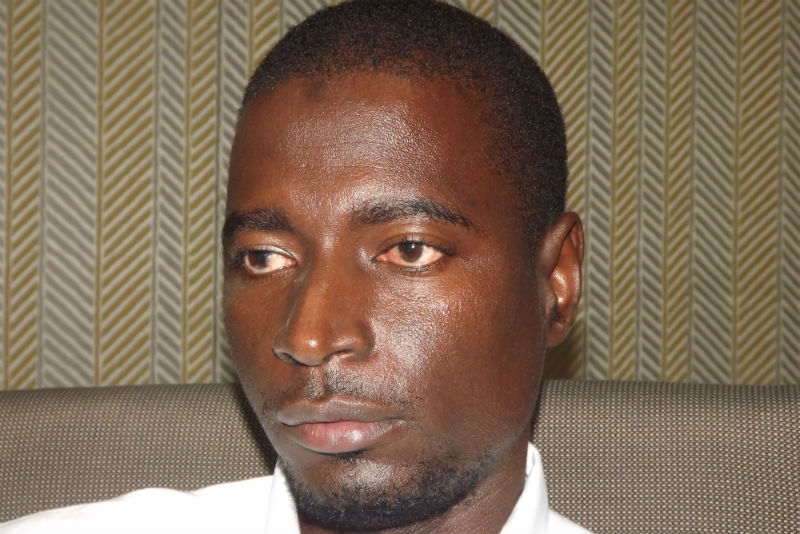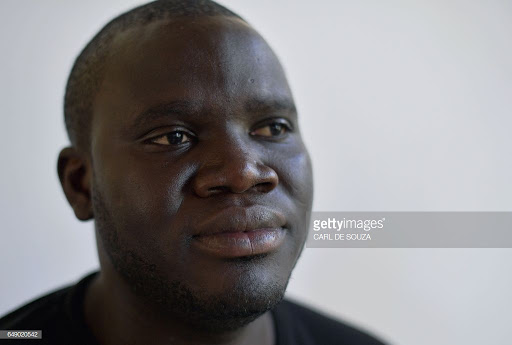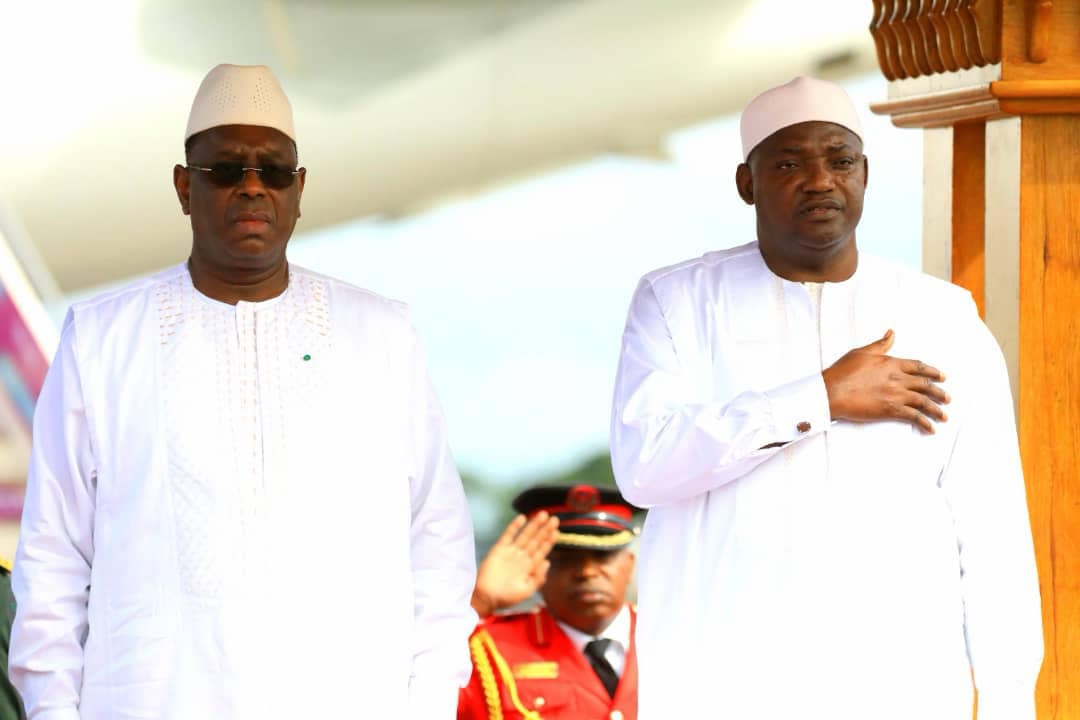By Adama K. Jallow
The Vice President of The Gambia, Alieu Badara Joof yesterday told member of the cabinet at the on-going two-day maiden cabinet retreat organized by the office of the Vice President that the security services should not be taken for granted while called for the need to mobilize resources for the security to be more effective.
The maiden retreat which was centered on various perspectives through presentation format such as the civil service reforms, security, cost of living, employment, land issues, vocational training, foreign policies, environment, migration and tourism was held at the Sir Dawda Kairaba Jawara International Conference Center, Bijilo.
In his opening address, he called for the mobilization of resources for the security for effective performance with professionalism.“We would have to mobilize resources for the security to be more effective, we don’t have to take security for granted, in security you never say it cannot happen or it will not happen, it happens when you least expect it to happen, because that is the time they strike, they catch you unawareness.”
The Vice President further lamented that they will have to make the police, military, and drug squad more efficient, important and more professionally that is significant so that you (the security) earn the respect of the people.
The maiden cabinet retreat came through after the Vice President Joof had an earlier discussion with President Adama Barrow along with other colleagues requesting for retreat. He assured that the ongoing retreat would not be like the old types of retreat, it is going to be a different types of retreat that would discuss the pressing priority development imperatives of the country, as they have to come up with an implementable action plan that has timelines, people who will deliver and give results with a monitoring task force.
As they implement this self-asset, VP Joof said they will see how far they are going, what progress has been made, what are the implementation constrains and what is the panacea to those implementation constrains.
As far as effective security is a national priority, the Vice President said “it is unacceptable for an officer to see (you) on the road, stop you and tell you that we don’t have ‘ataaya’ and it is unacceptable for an officer to tell you ‘silo bulla’ (meaning leave the road) and you say ‘dasamodinnah,’ (meaning give me breakfast), those things are unacceptable for a uniform personnel.”
He reiterated saying that kind of indiscipline, the minister of defense with the minister of interior and the heads of the security should look into them. “If you have solid intelligence then you can preempt whatever the plan was. An effective invisible SIS will be more effective, but not people who tell you that don’t you know that I am SIS or NIA? Those are some of things you will have to include in the curriculum of the reorientation, the retraining, the retooling and the in servicing of the securities,” he pointed out
He added that there is more to be done and that they will help the security to extend their professionalism to be more effective in protecting the lives, properties and the sovereign integrity of The Gambia.
VP Joof went on that when President Adama Barrow was elected in December he had a resounding mandate which was given to him by the Gambian people and on that mandate and in fulfillment of the constitution he selected a cabinet chaired by the president which constitutes the executive that sets the development agenda and for the implementation of that development agenda.
According to him, the Gambian people have great expectations and they are no longer at ease, adding that to make them at ease, they have to deliver the development agenda of this government and in doing that, they identified ten priority areas.
“We came up with the civil service reform, hence the appointment of a Minister for the civil service. The civil service is the engine of ideas, programs, and the engine of projects, but also the implementers of those project programs and ideas,” he said.
To have an efficient civil service, he said, they should have an inter moral focus of the civil service, to do an assessment for the civil service, to do a profiling of the civil service, to have a baseline, set bench marks, and to design a performance contract which will include among other things.
The Vice President added that, what was required in the 60s and 70s is not what is required today in terms of skills and knowledge application, that in the 60s and the 70s, it was striving to study political science and international relations.
Today in the 20s, he said “we are talking about the digital knowledge, e-Health, e-education, e-agriculture, so there is knowledge shift and a skill shift. So we have to look at that, how do we retooled, recalibrate re engineer the civil service to be more responsive.
He therefore assured them of working together with the secretary general, the personal management office and the PSC to make this things happen, hence it cannot be a business as usual in the civil service.




